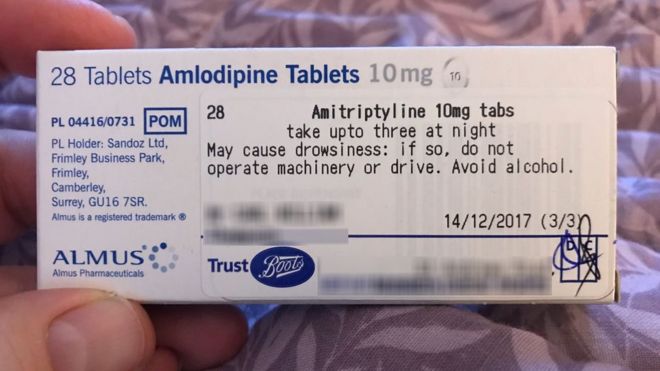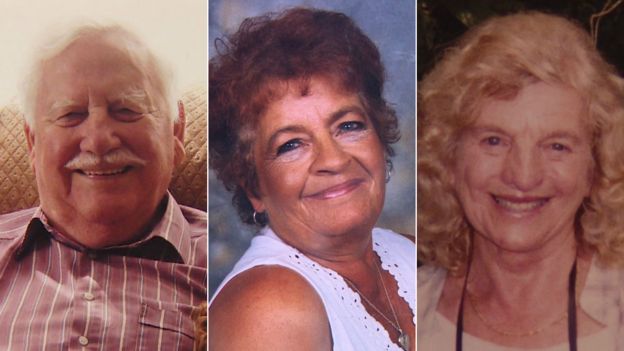Sport and Entertainment.—Bathing, boating, cricket, bowls, tennis, angling, hunting and motor-coach excursions. The Bowling Club, with a ladies’ section, adjoins Doniford Road. The Tennis Club is in Govier’s Lane. Visitors welcomed.
Watchet may be reached from Minehead by rail or road, 8 miles. Motorists go by the main road, turning off at Washford Cross just by one of the B.B.C.’s high-power Transmitting Stations, whose grey buildings with beautifully kept gardens and aerial masts 500 feet high stand out strikingly.
Watchet is a busy little seaport town, with a population of about 2,600, and having large paper mills. The harbour was almost destroyed in 1900, and much damage was done to shipping, but the inhabitants pluckily rose to the occasion, got the town formed into an urban district, and have since rebuilt the harbour. There is an esplanade, and a breezy pleasure-ground, recreation and War Memorial Ground close by. The climate is bracing. Good sea fishing, bowling, tennis and cricket are available, and the Quantock Staghounds and West Somerset Foxhounds often meet within easy distance of the town.
Watchet is of great antiquity. It was certainly a port before Bristol was known. The Danes, who harassed all these coasts, landed at Watchet, then Wacedport, on various occasions between a.d, 918 and 997. A spot called Battlegore, between Watchet and Williton, is said to have been the site of a pitched battle between Watchet men and the invaders in 988, and here are still to be seen large tumuli and two enormous stones. The local story is that the stones were cast from the Quantocks by the Devil and a giant who had engaged in a throwing match, but from excavations carried out in 1931, which revealed a third stone, it was considered that they originally formed a dolmen and the tumuli were found to be Bronze Age barrows.
In Saxon times Watchet had a mint, and issued its own coins. Later, the town was represented in Parliament and had a Mayor,but all these glories have departed. Watchet was to a limited extent concerned in the war between King and Parliament.
On each side of the harbour are fine cliffs, in some places beautifully engrained with red and white alabaster from which local sculptors fashion attractive bookends, ashtrays and the like.










